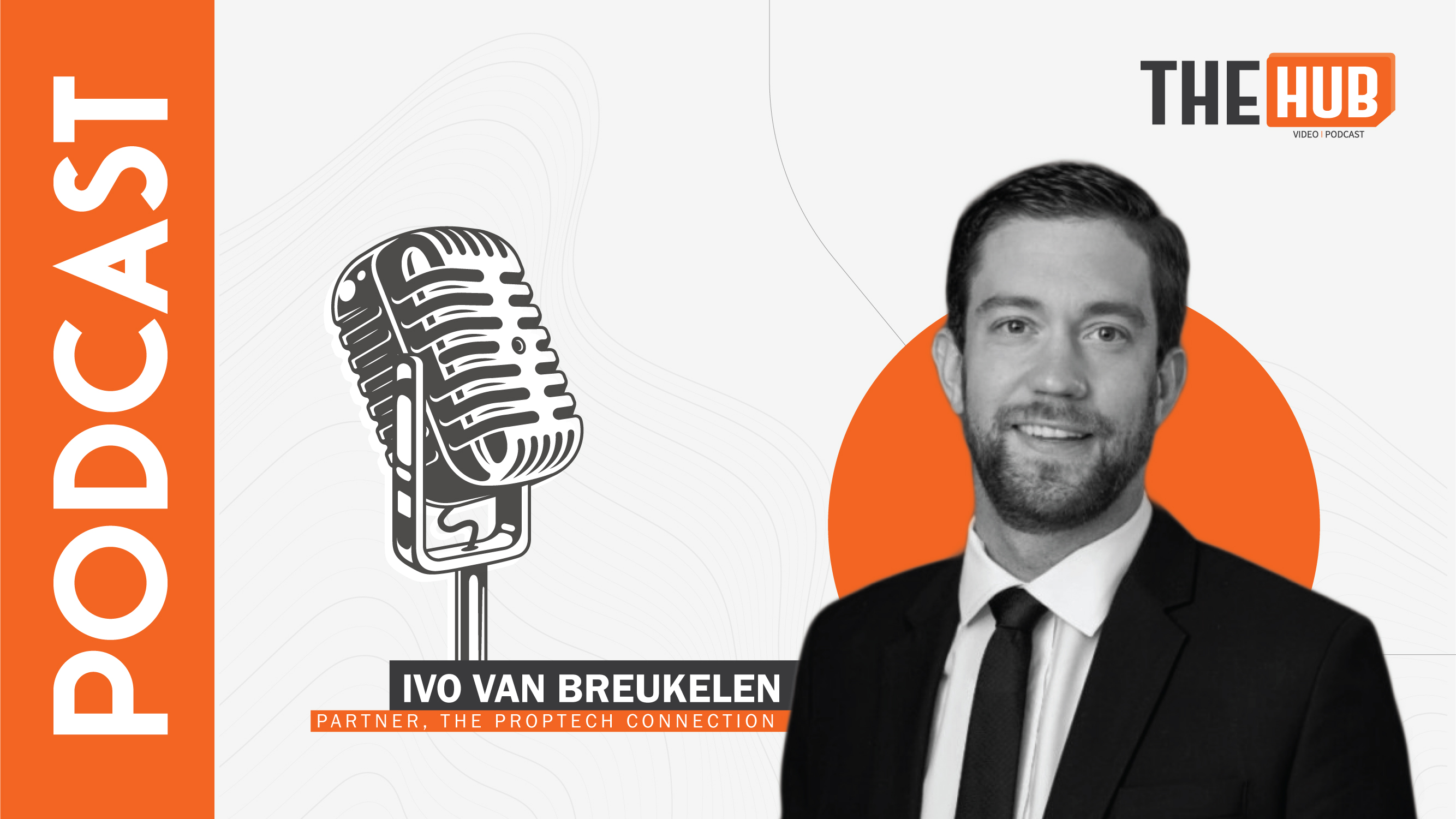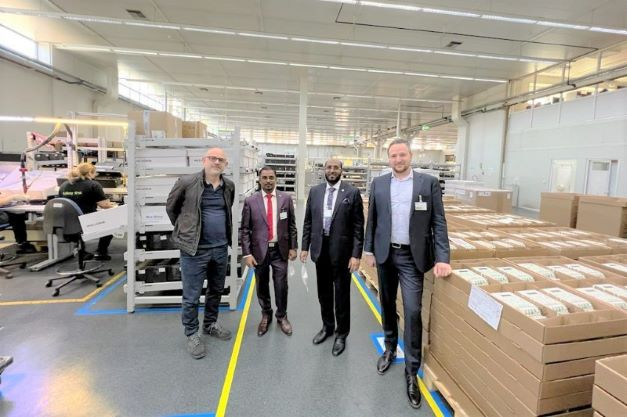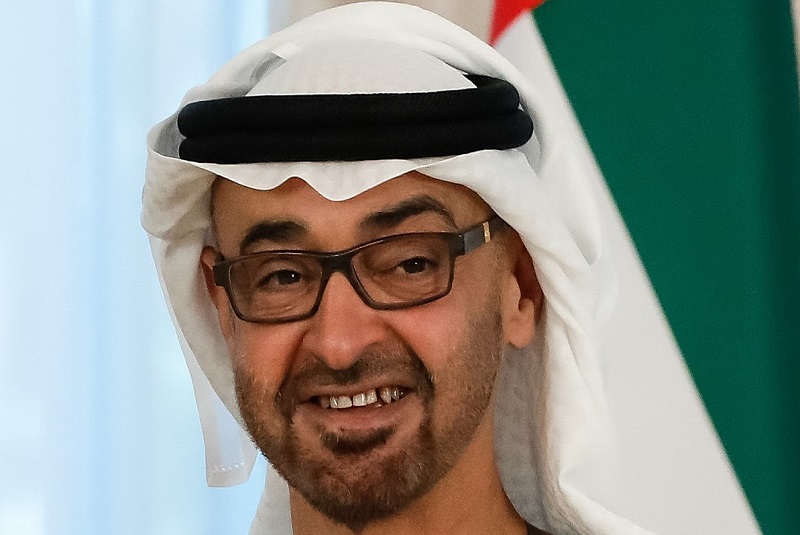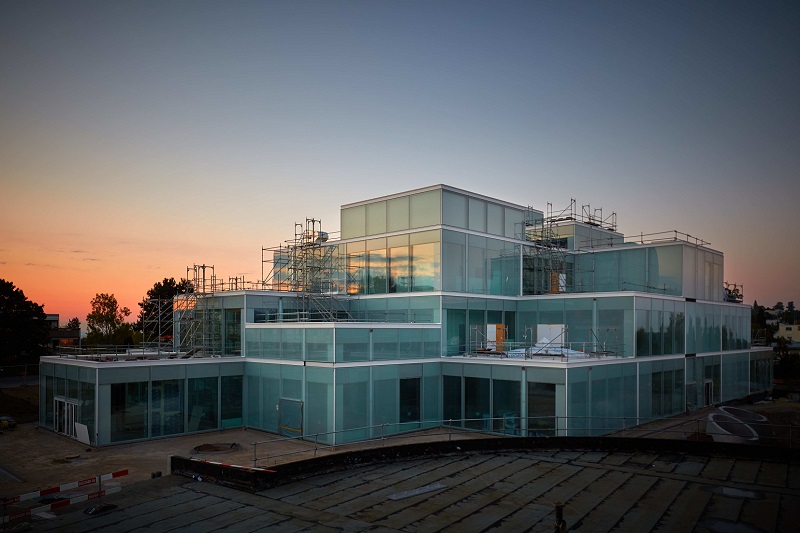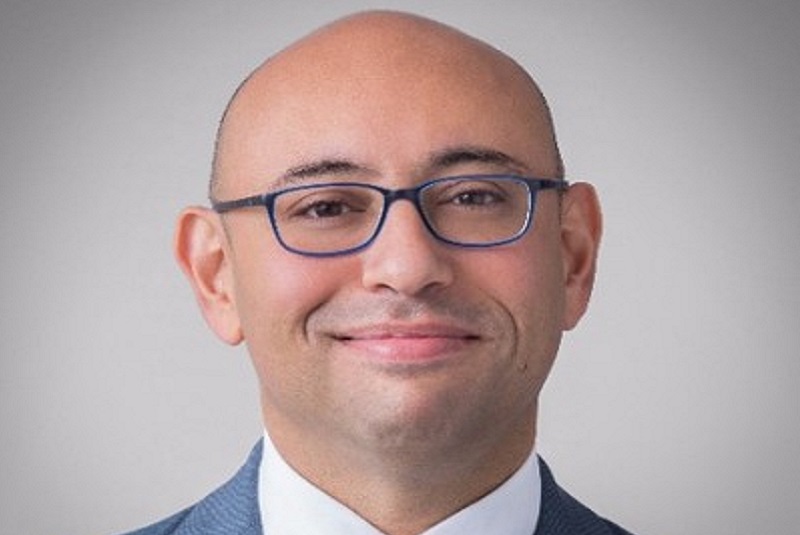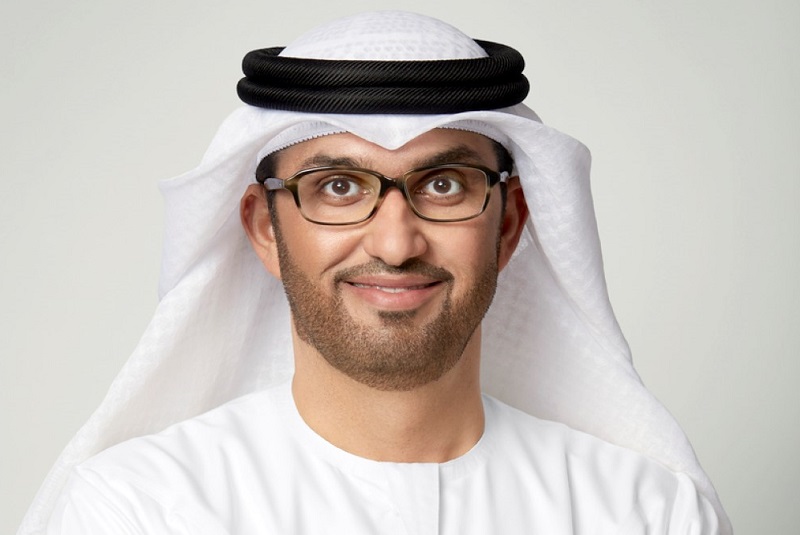
Chances are, if you live in the Middle East you have air conditioning in your home and office. It is a given, and something that we take for granted as an essential component of our lives in this region – which means that it is something that many homeowners and building managers may overlook, at least until they receive their utility bills.
However, given that UAE residents are said to spend 80-95% of their time indoors[1], and that levels of indoor pollutants may be two to five times higher than outdoor levels[2], it is essential that heating, ventilation, and air conditioning (HVAC) systems are not only property maintained, but also managed. This will have two benefits: better indoor air quality, something that has never been more important than now in the midst of the COVID-19 pandemic, and also optimized energy consumption, leading to lower bills.
Air quality is a priority in the UAE, as set by the government in UAE Vision 2021, which includes an Air Quality Index. By next year, the UAE government aims to achieve its Air Quality Index target of 90%, up from 81% in 2019, which will contribute significantly towards a healthier environment for everyone. Moreover, indoor air quality is currently regulated by minimum standards, with air pollutant concentrations limited by decree.
While cleaner air is a must for everyone at all times, the impact of COVID-19 has made it even more important that people live in buildings with HVAC systems that guarantee good indoor air quality. However, having better indoor air quality typically comes at the expense of additional energy consumption by the HVAC system. While going beyond minimum standard requirements will help to reduce the spread of the novel coronavirus through buildings, and, in the long run, will serve as a differentiating factor to attract future tenants, guests and pupils, a close eye has to be kept on the HVAC energy consumption.

Dr. Pablo Izquierdo is the Senior Manager Energy Audit and Consultancy at ENGIE Solutions
We have all become familiar by now with the recommendations to keep ourselves and society safe from COVID-19. Hand washing, social distancing, deep cleaning, and wearing masks are standard in today’s world. Incorporating preventative measures into HVAC systems is the next step.
In a well-documented case study that examined the spread of COVID-19 in a restaurant at the beginning of the pandemic, it was established that distance and contact time with patient zero were risk factors. More importantly, these factors were further amplified by a poorly-designed and badly operated HVAC system, incorporating air conditioning units with poor filtration and no external ventilation, that circulated air around all diners, therefore increasing the likelihood of infection. The case study shows how proper HVAC set-up and operation is critical – especially to help eradicate the novel coronavirus as well as to minimize any potential increase in energy consumption.
There are international guidelines published by leading bodies such as the World Health Organization (WHO), the Chartered Institution of Building Services Engineers (CIBSE) and the American Society of Heating, Refrigerating and Air-Conditioning Engineers (ASHRAE), that provide guidance on how to minimize COVID-19 spread by HVAC operation. In addition to monitoring, there are four key components to this: supply and extraction, recirculation, filtration, and balancing.
- Supply and extraction: Increasing the fresh air supply and extracting air through an exhaust will minimize the risk of COVID-19 infections in an enclosed space.
- Recirculation: It must be avoided whenever possible in order to prevent spreading the virus. Frequent checking of Heat Recovery Wheels for leakage will ensure optimum performance at all times.
- Filtration: High efficiency filters and UV-C lamps can prevent the novel coronavirus from entering the building. HEPA filters are recommended.
- Air balancing: Adequate air balancing will prevent the virus from leaking from negative pressure areas, such as transferring the virus from an isolation room into a common use room.
Following these guidelines will not only help in the fight against COVID-19, but they can also increase energy consumption. Achieving a positive balance between energy efficiency and indoor air quality for each of the four components is essential.
For example, a smart HVAC system will keep energy consumption low by reducing fresh airflow during unoccupied periods, while maximizing its supply and extraction during occupied times only. These smart systems, connected to the Internet of Things (IoT) and enabled with artificial intelligence amongst other state-of-the-art technologies, will play a critical role in achieving the good indoor air quality we all require today, whilst carefully managing energy consumption. Connected systems can be monitored via dashboards and mobiles, giving facility managers complete control at all times, from anywhere. When enabled by smart technology, an HVAC system will also be able to self-monitor by collecting and analyzing its key performance factors, therefore allowing it to alert facility managers before there is an issue. They can also provide periodic reports and predict potential increases in energy consumption, giving users a complete picture without the need for frequent manual checks.
Working with ENGIE Solutions’ experts in such unprecedented times will help to not only manage a robust and protective HVAC system, but will also help to create one that is sustainable and energy efficient, too. The ability to operate a fully functioning system that will offer optimum indoor air quality is a building owner’s obligation and priority. When this is done simultaneously with the identification of potential energy conservation measures – which once implemented and operated will lead to significant savings on energy bills – is a definite plus for tenants, guests, pupils and owners alike. In addition to the environmental benefits of reduced energy consumption, it also stands as a point of differentiation for the building.
But, and perhaps more importantly, in times as unprecedented as we are currently experiencing, every contribution to combat the spread of COVID-19 can help to save lives.
References:
The author, Dr. Pablo Izquierdo is the Senior Manager Energy Audit and Consultancy at ENGIE Solutions.
1. https://www.researchgate.net/publication/333755177
2. https://www.epa.gov/iaq-schools/why-indoor-air-quality-important-schools


